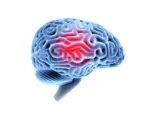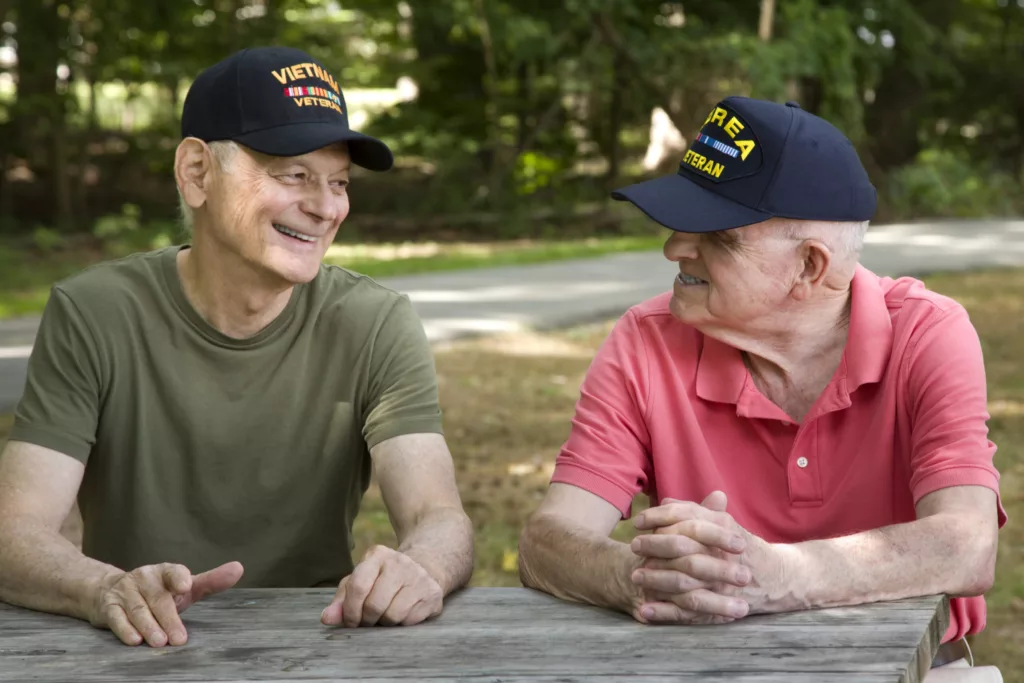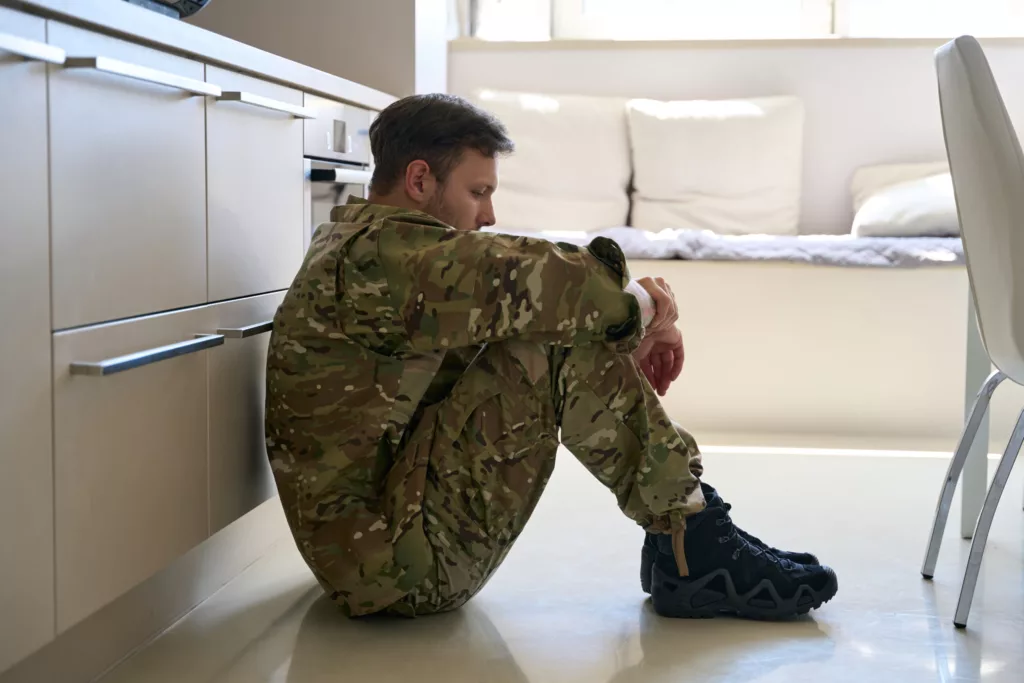How Does Trauma Affect the Brain?

Traumatic experiences impact every aspect of a human being, with consequences for physical, mental and emotional well-being. Experiencing trauma can “rewire” the brain, changing the way you think and behave.
Veterans are at a higher risk for experiencing trauma through exposure to combat, violence, military sexual trauma and more. Experiencing trauma can lead to significant changes in the structure and function of the brain, causing the veteran to continue experiencing stress long after the traumatic event is over. These changes are responsible for the development of post-traumatic stress disorder (PTSD) symptoms.
It’s important to note that the changes that take place within your brain, body and nervous system after experiencing trauma are not a sign of weakness or personal failure. This is no different than your body’s reaction to physical trauma. Just as physical injuries can heal, with proper treatment, the brain and nervous system can recover too!
What trauma does to the brain
Trauma affects multiple areas of the brain involved in psychological stress, known as the amygdala, the hippocampus and the prefrontal cortex.
Trauma and the amygdala
In veterans with PTSD, the “fight or flight” response in the brain can cause enduring, distressing symptoms such as nightmares and flashbacks. The part of the brain known as the amygdala becomes enlarged or overactive, leading to anxiety, hypervigilance or feelings of distress triggered by situations, people and other things that remind them of their trauma.
Trauma and the hippocampus
The part of the brain known as the hippocampus is responsible for memories and differentiating between past and present experiences. Elevated stress hormones can cause individuals with PTSD to lose volume in this area of the brain, leading to trouble telling the difference between the past and the present and avoidance of situations that remind them of their trauma because they’re perceived as a threat.
Trauma and the prefrontal cortex
Trauma can also affect the part of the brain involved in regulating emotions and making decisions — the prefrontal cortex. In veterans with PTSD, this can cause challenges in controlling emotions, memory and concentration issues and difficulty connecting with others.
Understanding how trauma affects the brain’s structures can help veterans struggling with troubling PTSD symptoms to recognize that these changes in thought and/or behavior patterns are not their fault.
Signs and symptoms of PTSD
Not everyone who experiences trauma goes on to develop PTSD. Read more about the difference here. If you or someone you care about is struggling with PTSD, they might present with the following symptoms:
- Reliving the traumatic event through nightmares or flashbacks, triggered by the sight, sound or even smell of something related to the traumatic event
- Avoiding people, situations or places that remind you of the traumatic event
- Increased negative thoughts and feelings — losing interest in things you previously enjoyed, losing trust in other people as well as guilt, shame or regret related to the traumatic event
- Feeling or seeming on edge, jittery or alert. This symptom might show up as being easily irritated or startled, having difficulty sleeping or concentrating as well as harmful coping mechanisms such as substance use or aggressive driving
PTSD can have profound effects on a veteran’s behavioral health, functioning and relationships. However, if you or a loved one does meet the criteria for PTSD, help is available, and it’s possible to retrain the brain and nervous system in order to feel safe, and secure and achieve a better quality of life.
Healing from military trauma
With the right tools and support, veterans suffering from the effects of PTSD and trauma on the brain can recover, develop a solid sense of self, build resilience and become stronger, healthier people.
At Pyramid Military Therapy & Recovery Programs, our treatment programming is individualized to meet the unique personal needs of veterans wherever they are in recovery. We use evidence-based treatment methods, including individual and group therapy infused with holistic modalities such as mindfulness, to help reduce symptoms of severe stress, trauma and PTSD stemming from military service and help veterans become healthy, happy and whole.
To learn more about our treatment offerings for veterans, call us at 814-631-5676.



